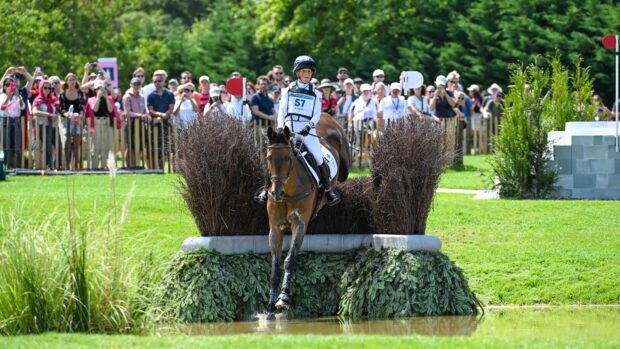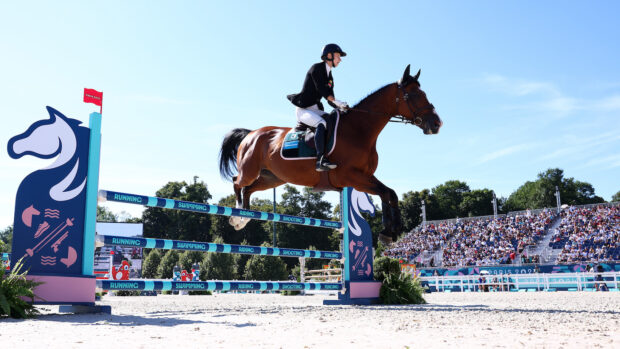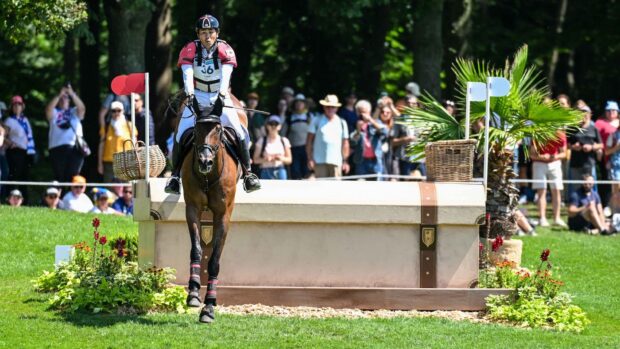Racehorse rehabilitation centres are currently suffering from a dearth of suitable homes for former racehorses which they have retrained as riding horses.
Earlier this week, Greatwood — one of the racing industry’s three accredited retraining centres, together with Moorcroft and the Thoroughbred Rehabilitation Centre — urged potential carers to come forward, after facing an unprecedented rehoming crisis.
Greatwood takes horses in after their racing days are over and owns them for life. After a period of rest, the horses are assessed for their abilities and retrained appropriately. Once the rehabilitation is complete, the charity entrusts its horses to carers, so it can devote its limited resources to taking in and retraining more needy cases.
“We rehome about 30 a year and look after 70,” explains Helen Yeadon of Greatwood. “This year has hit us very hard for the first time. We are having a tough time rehoming horses.”
The other centres have been hit too, although perhaps not to the same extent. “The number of people applying has gone down, but we are not struggling. We are still managing to rehome racehorses,” says Sue Collins of Moorcroft.
And at the Thoroughbred Rehabilitation Centre, Carrie Humble reports that she has had “not so much a decline in applications as a dreadful decline in the quality of people applying. I’m just not finding the right riders,” she says. “Only five out of 100 will get a horse.”
If the horses find no home, they stay at the rehoming centres, which inevitably prevents the centres from taking new ones in. “I am overhorsed by 14 in the yard and am turning away about three a day,” says Humble.
Over at Greatwood, the tune remains the same. “We have 40 horses to come in but I can’t take in any more unless it is an absolute emergency because winter is coming and I wouldn’t know where to put them. It is affecting our work because we are not taking in as many horses as we should,” says Yeadon.
She thinks the sudden dearth of new homes for retrained horses is linked to the hunting ban. “It is the first year we had this problem. I don’t know why, but it is more than a coincidence after what happened with the hunting ban. I suspect people are letting their hunters go for next to nothing, [filling the demand] and new carers are not coming forward.”
Humble, by contrast, thinks the problem lies in today’s instant-gratification culture. “I am producing horses that are well-schooled, fabulous horses who are reliable on the road but a person has got to bring them on. We have a lot of good loaners, but I am finding that many of the people coming up are not problem-solvers. [They] only want horses that are push-button. That’s where it all falls short.”
Humble and Yeadon have launched an appeal in the hope that prospective carers “with realistic expectations and skills” will step in. “I’m hoping a few people, if they know we have a problem, may come forward and help us out,” says Yeadon. So long as, warns Humble, “they have the experience to bring on a former racehorse and understand these horses are not going to do prix st georges or Hickstead.”
To contact Helen Yeadon about caring for a retrained racehorse call 01672 514535 or visit: www.racehorsesgreatwood.org for more information. To contact Carrie Humble, call 01995 605007 or visit: www.equine-world.co.uk/trc/.



